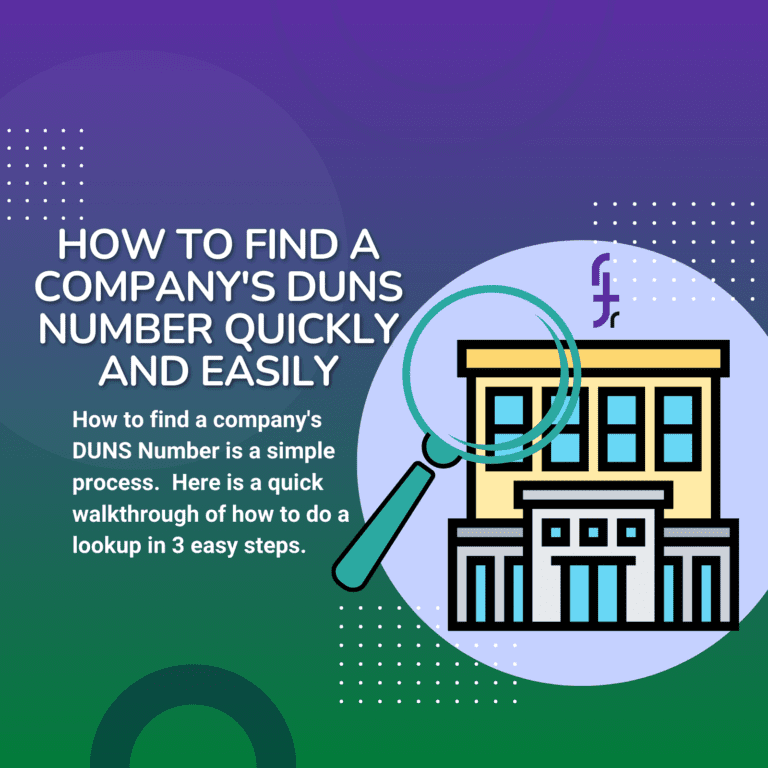Get Started Building Business Credit With Tradelines

If you’re a small business owner, you know how important it is to build business credit. Building business credit with tradelines can help you get better terms on business loans, mortgages, and lines of credit. It can also help you get lower interest rates, which can save you thousands of dollars over the life of a loan.
But what if you don’t have any business credit? Or what if your business credit score isn’t as high as you’d like it to be? One way to improve your business credit score is by adding and building business tradelines.
What Are Business Tradelines?
A tradeline is an account that shows up on your business credit bureaus. Business tradelines can be from suppliers, vendors, utilities, lenders, or other businesses you have financial relationships with. It’s important to build your business credit separately, without using personal credit.
The key is to make sure the tradelines are reported to the major business credit bureaus: Dun & Bradstreet, Experian Business, and Equifax Small Business. That way, they’ll show up on your business credit reports and help improve your business credit score.
Understanding the Basics of Business Tradelines

Business tradelines are credit accounts that are extended to businesses by banks, creditors, and vendors. These tradelines can help businesses build their credit history and improve their business credit scores. When choosing a business tradeline, it’s important to understand the basics of how they work to effectively build your business credit.
First, it’s important to know that not all tradelines are equal. Small businesses will usually have access to different types of tradelines than larger businesses. It’s also important to understand that there is no such thing as a perfect tradeline. Each business will have its own unique needs, so it’s important to find a tradeline that fits those needs.
Another important factor to consider is the terms of the tradeline. Some tradelines have annual fees, while others do not. It’s important to read the terms and conditions of any tradeline before agreeing to it. This will help ensure that there are no hidden fees or surprises down the road.
Finally, it’s also essential to keep in mind that business tradelines can be an important tool to improve business creditworthiness. Using a business tradeline can help improve a business’s credit score, but it’s still important to manage credit responsibly just like with personal credit. Businesses that use tradelines wisely can see significant improvements in their credit scores over time and increase access to capital.
Why Do Trade Lines Matter?

Tradelines matter because they help lenders see how well you manage your financial obligations. The payment history on your tradelines can account for up to 35% of your business credit score. So, if you have a long history of timely payments, that will reflect well on your business and can help improve your chances of getting approved for a business loan and other forms of business financing.
Finding the Best Tradelines for Your Business Needs
When it comes to business, tradelines can be a great way to help improve your business credit scores. But what are the best business tradelines and how do you find the best ones for your business needs? let us take a closer look.
Business tradelines are essentially tradelines of credit that are extended to businesses by suppliers, vendors, or other creditors. These tradelines can help improve your business credit score, which in turn can make it easier to obtain business loans or other forms of business financing in the future.
There are a few different types of business tradelines available, each with its own set of benefits and drawbacks. The most common type of business tradeline is an unsecured tradeline, which does not require collateral and is typically easier to obtain than other types of tradelines.
However, unsecured tradelines also tend to have higher interest rates and may be less available during periods of financial stress. A business credit card or net 30 accounts are examples of some unsecured tradelines.
Secured business tradelines, on the other hand, require collateral such as equipment or inventory. While this can make them more difficult to obtain, they often come with lower interest rates and may be more available during periods of financial stress.
Ultimately, the best type of business tradeline for your needs will depend on a variety of factors including your credit score, financial situation, and the specific terms of the business tradeline.
When it comes to finding the best business tradelines for your needs, there are a few things to keep in mind. First, be sure to shop around and compare different offers from various creditors. It’s also important to check the terms of each tradeline carefully before making a decision, as some may have hidden fees or unfavorable terms.
Finally, remember that building up a good business credit score takes time; don’t expect miracles overnight. With patience and diligence, however, you can eventually get the tradelines you need to help improve your business’s financial health.
How Can I Get Trade Lines?
There are a few different ways to get tradelines. One way is to simply ask your suppliers or vendors if they report payment history to the major business credit bureaus. If they don’t, see if they’re willing to start doing so.
Another way to get tradelines is by taking out a small loan or line of credit from a lender that reports to the major business credit reporting agencies. You can also use a business credit builder service to help you get started building credit with business tradelines.
Tips for Maximizing Results with Tradelines
As a business owner, you want to make every effort to maximize results for your business. Fortunately, utilizing business tradelines is an effective way to achieve that goal and help your business succeed.

To gain the most out of tradelines, look for reputable sources and be proactive in understanding how they work and what they mean for you and your business. Taking the time to review payment history, balances, account types, and available credit limits will help you leverage the right tradeline strategies that best fit your long-term financial goals.
Here are some tips to keep in mind as you work with tradelines: first, research and compare the various offerings from different tradeline providers to get the best possible deal and terms.
Second, track your activity regularly so that you can optimize performance and get the most value out of each tradeline. The best way to do this is to monitor your business credit report a least once a month.
Finally, remain engaged with account maintenance and seek upgrades when available so that you can access ongoing sources of growth. While implementing these strategies requires a bit of extra effort upfront, the rewards will be worth it in the long run.
In Summary:
Building business credit is an important step in growing your small business. And one way to build business credit is by adding tradelines. Tradelines are essentially lines of credit that can help you establish good standing with your creditors, improve your credit score, and gain access to more favorable financing terms. Understanding how tradelines work, comparing offers from different providers, tracking activity regularly, and engaging in account maintenance will all help you maximize the value of each tradeline.
As a small business owner, utilizing tradelines to maximize your credit score can open up a world of possibilities. From purchasing new equipment or expanding operations to granting yourself more borrowing power at advantageous rates, improving your credit score through tradelines can make all the difference when it comes to staying competitive in today’s highly dynamic market landscape.






